Antidepressants
FDA describes ‘objectionable conditions’ at New York State Psychiatric Institute
The facility’s institutional review board failed to report a 2021 incident and “serious and ongoing noncompliance” by a principal investigator, according to a letter released by the federal agency this week.

FDA describes ‘objectionable conditions’ at New York State Psychiatric Institute
The facility’s institutional review board failed to report a 2021 incident and “serious and ongoing noncompliance” by a principal investigator, according to a letter released by the federal agency this week.
Exclusive: Shake-up at top psychiatric institute following suicide in clinical trial
The New York State Psychiatric Institute in New York City is undergoing an audit and a change in leadership following a suicide that occurred during one of its clinical trials.

Exclusive: Shake-up at top psychiatric institute following suicide in clinical trial
The New York State Psychiatric Institute in New York City is undergoing an audit and a change in leadership following a suicide that occurred during one of its clinical trials.
Null and Noteworthy: Reinforcing rigor; medication medley
This month’s newsletter highlights findings on the use of three medication types during pregnancy.
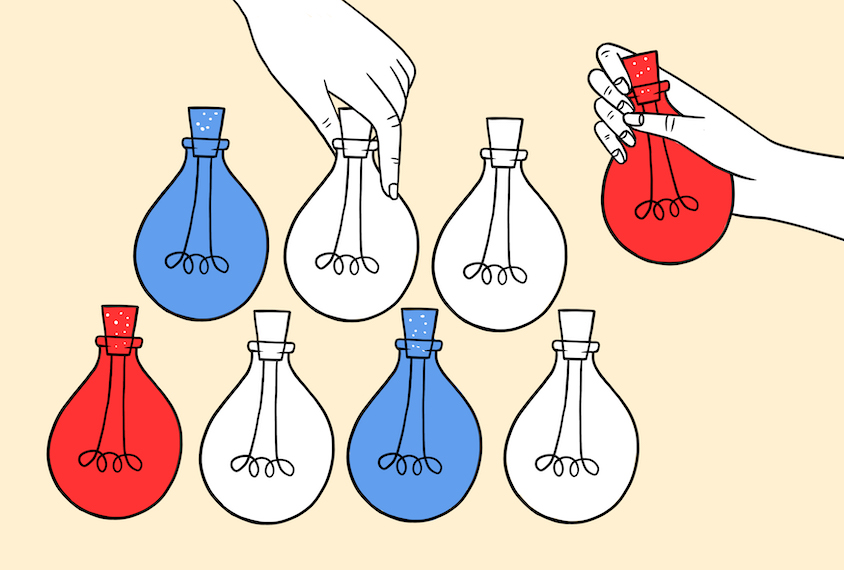
Null and Noteworthy: Reinforcing rigor; medication medley
This month’s newsletter highlights findings on the use of three medication types during pregnancy.
Null and Noteworthy: Medication timing; oxytocin amounts; sensory sameness
Parents’ health, treatment dosages and sensory perception feature in this month’s crop of null and replicated results.

Null and Noteworthy: Medication timing; oxytocin amounts; sensory sameness
Parents’ health, treatment dosages and sensory perception feature in this month’s crop of null and replicated results.
Maternal genetics may confound studies of autism’s link to prenatal factors
Women who carry genetic variants tied to autism have an elevated chance of experiencing pregnancy-related events linked to the condition in their children.

Maternal genetics may confound studies of autism’s link to prenatal factors
Women who carry genetic variants tied to autism have an elevated chance of experiencing pregnancy-related events linked to the condition in their children.
Pinning hope to ketamine
Doctors can prescribe it, but evidence that ketamine eases autism traits is still preliminary.
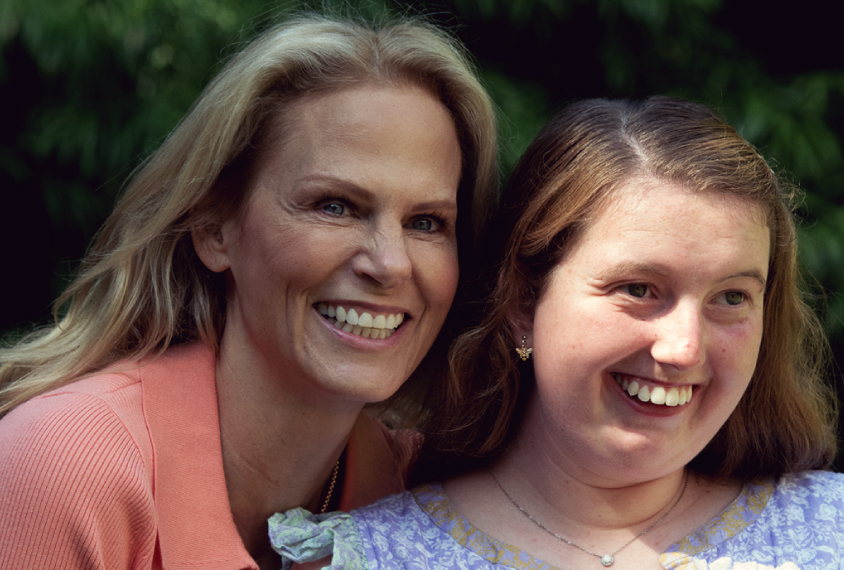
Pinning hope to ketamine
Doctors can prescribe it, but evidence that ketamine eases autism traits is still preliminary.
Drugs boost serotonin, socialization in multiple autism mouse models
The finding that MDMA and an experimental serotonin agonist increase sociability across six different model mice suggests that disparate autism-linked mutations converge on the same underlying pathways.
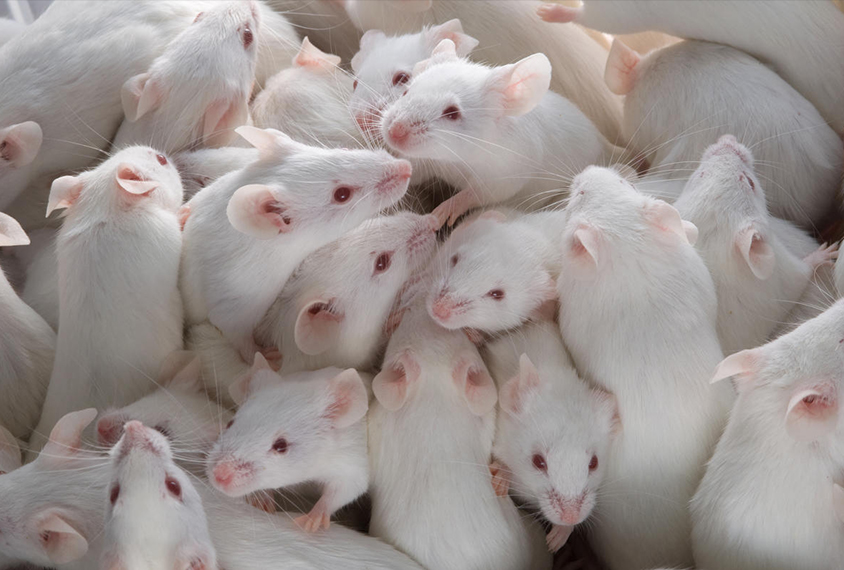
Drugs boost serotonin, socialization in multiple autism mouse models
The finding that MDMA and an experimental serotonin agonist increase sociability across six different model mice suggests that disparate autism-linked mutations converge on the same underlying pathways.
After 60 years, scientists are still trying to crack a mysterious serotonin-autism link
The high levels of serotonin seen in the blood of some autistic people have confounded scientists for more than half a century. Despite so little progress, some researchers refuse to give up.
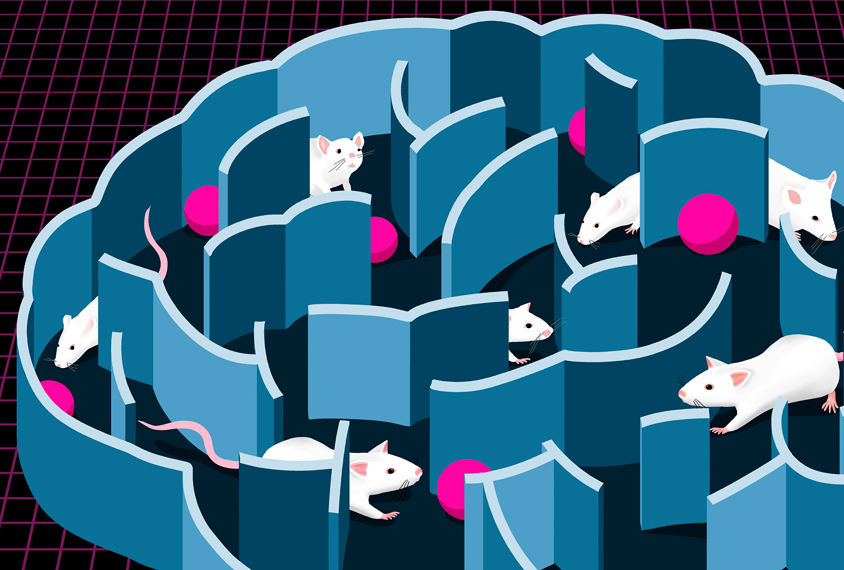
After 60 years, scientists are still trying to crack a mysterious serotonin-autism link
The high levels of serotonin seen in the blood of some autistic people have confounded scientists for more than half a century. Despite so little progress, some researchers refuse to give up.
Sensor helps scientists spy on serotonin activity in mice in real time
A glowing protein tracks serotonin levels and location in the brains of living mice and could yield clues to the neurotransmitter’s role in autism.
Sensor helps scientists spy on serotonin activity in mice in real time
A glowing protein tracks serotonin levels and location in the brains of living mice and could yield clues to the neurotransmitter’s role in autism.
Why serotonin medications may yet help children with autism
A class of medications used to treat obsessive-compulsive disorder seems to ease compulsive behaviors in adults with autism. Why can't we tell if these medications work similarly in children with the condition?
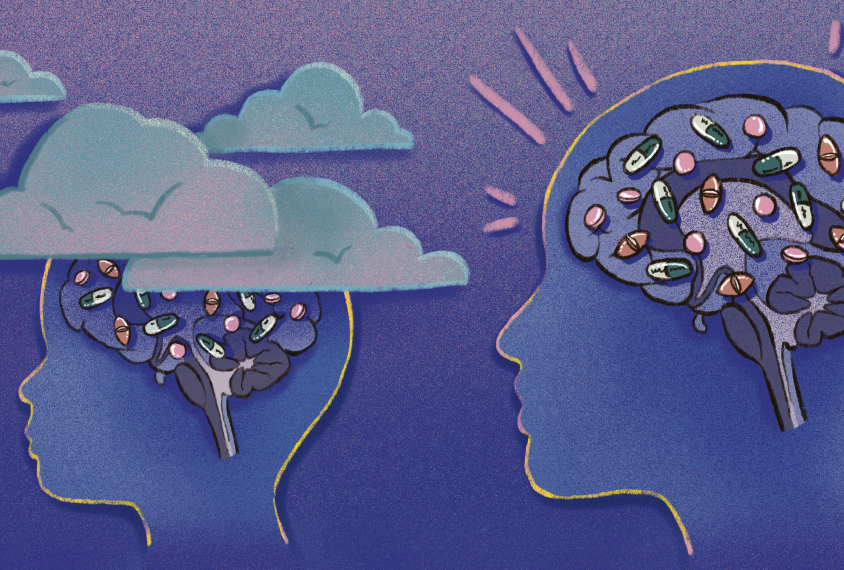
Why serotonin medications may yet help children with autism
A class of medications used to treat obsessive-compulsive disorder seems to ease compulsive behaviors in adults with autism. Why can't we tell if these medications work similarly in children with the condition?
Explore more from The Transmitter
New connectomes fly beyond the brain
Researchers are mapping the neurons in Drosophila’s ventral nerve cord, where the central nervous system meets the rest of the body.

New connectomes fly beyond the brain
Researchers are mapping the neurons in Drosophila’s ventral nerve cord, where the central nervous system meets the rest of the body.
Building an autism research registry: Q&A with Tony Charman
A purpose-built database of participants who have shared genomic and behavioral data could give clinical trials a boost, Charman says.

Building an autism research registry: Q&A with Tony Charman
A purpose-built database of participants who have shared genomic and behavioral data could give clinical trials a boost, Charman says.
Cerebellar circuit may convert expected pain relief into real thing
The newly identified circuit taps into the brain’s opioid system to provide a top-down form of pain relief.

Cerebellar circuit may convert expected pain relief into real thing
The newly identified circuit taps into the brain’s opioid system to provide a top-down form of pain relief.